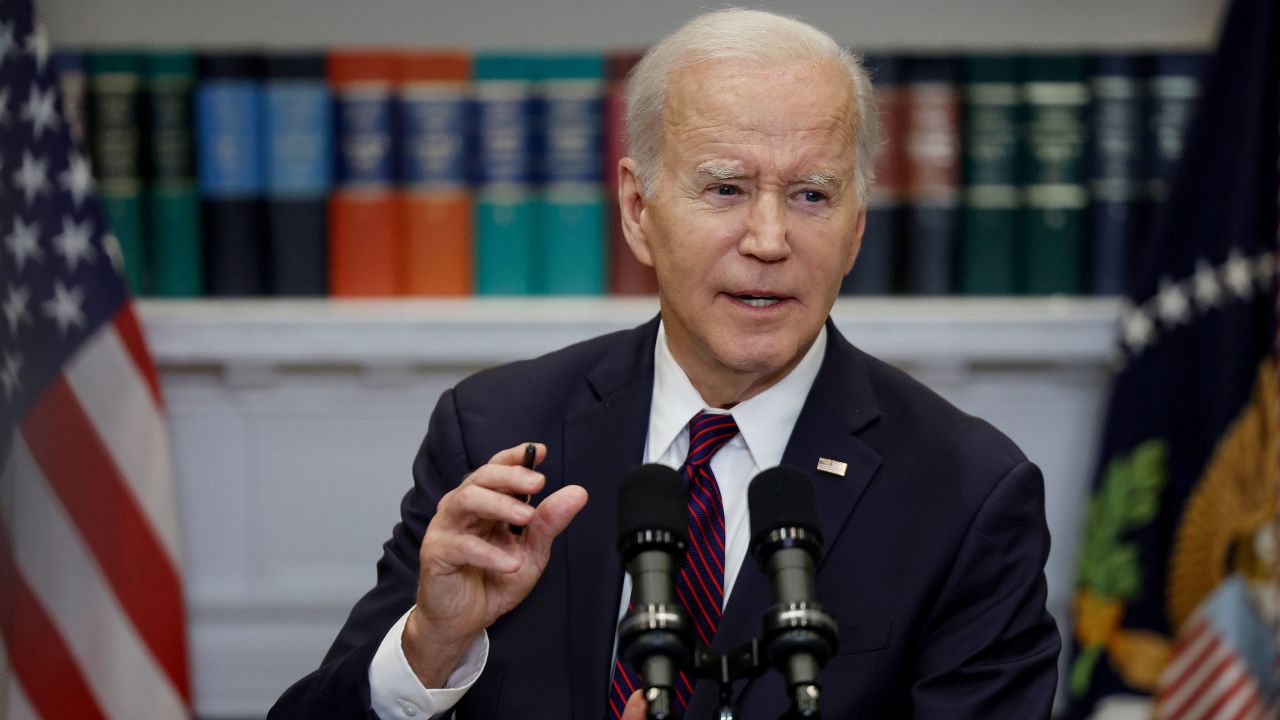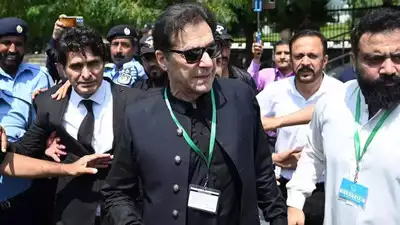The White House has issued a warning that time is running out to secure funding for Ukraine, following the obstruction of US aid for Kiev by Congressional Republicans.
National Security Council spokesperson John Kirby emphasized the urgency, stating, “Time is not our friend. We have enough funding authorities to meet Ukraine’s battlefield needs for a bit longer, but we need Congress to act.”

President Joe Biden assured US allies in a call that he anticipates continued bipartisan and bicameral support for aid, Kirby added. In a related development, Moscow has summoned Moldova’s ambassador to protest what it termed “politically-motivated persecution” of Russian-language media in the pro-Western country.
In mid-September, Moldova expelled the head of Russia’s state news agency Sputnik, alleging the spread of “propaganda and disinformation.” Moscow condemned the expulsion, framing it as part of a broader campaign of “politically motivated persecution” against Russian-language media in Moldova.
The White House has cautioned that US aid for Ukraine’s battle against Russia could run out in a matter of months if Republican hardliners fail to pass new funding for Kiev. President Biden engaged with key allies to coordinate support for Ukraine amid concerns following the obstruction of new aid by Congressional Republicans.
Biden held discussions with leaders from Canada, Germany, Italy, Japan, Poland, Romania, the UK, as well as representatives from the EU, NATO, and the foreign minister of France. Pressure mounted on Biden to reassure shaken allies after a last-minute deal in Congress to avoid a government funding shutdown did not include new aid for Ukraine.
The President urged Republican House Speaker Kevin McCarthy to expedite new aid, stressing that support for Ukraine in its conflict with Russia should not be interrupted “under any circumstances.”
One of Ukraine’s top generals reported advances in the south, one of two theaters of their counteroffensive against Russian occupation forces. However, detailed gains were not disclosed. Tarnavskyi, head of the southern forces, cited 1,198 assignments conducted in the past 24 hours, resulting in losses of 261 Russian soldiers and 10 taken prisoner.
The General Staff of the Ukrainian armed forces reported ongoing offensive operations in the east and south, providing limited elaboration. Slovakia’s foreign minister emphasized that Ukraine must prevail in its war against Russia before joining NATO and the EU.
Ukraine’s President Volodymyr Zelenskyy visited Ukrainian troops near the eastern front line, where Russian forces have been applying pressure on Kiev’s army in recently recaptured areas.
While Ukraine launched a highly-anticipated counteroffensive against Russian positions in the south and east, progress has been slow, and Russian forces have also pushed back in the northeast. The European Bank for Reconstruction and Development expressed its intention to double its post-war Ukraine reconstruction fund to at least $3.1 billion per year, according to its president, Odile Renaud-Basso.
Ukraine’s economy contracted by nearly a third last year but is forecasted by the EBRD to experience modest growth of one percent in 2023. The European Bank’s commitment marks a breakthrough following a diplomatic dispute that arose when Poland imposed an embargo on Ukrainian grain imports.
The embargo was implemented by the populist government in Warsaw ahead of a general election, with the intention of protecting local farmers from plummeting cereal prices. However, under the newly reached agreement, which also involves Lithuania, certain Ukrainian grain destined for global markets will transit directly through Poland without undergoing quality checks at the Polish border.
Russian Defence Minister Sergei Shoigu stated that there are no plans for additional mobilization of personnel to fight in Ukraine, as more than 335,000 individuals have already enlisted this year to join the armed forces or voluntary units.
The Ukrainian government has initiated discussions with the World Bank for a $700 million loan to provide emergency support to the agricultural sector in 2023 and 2024. These funds are intended for small farmers, agricultural producers, and food producers, with the agricultural sector serving as a vital driver of Ukraine’s economy but suffering from the impact of Russia’s offensive.
Ukraine reported downing over two dozen Iranian-made attack drones and a cruise missile launched by Russian forces from the illegally annexed Crimean peninsula in 2014. Ukrainian forces responsible for the southern region of Mykolaiv and the central region of Dnipropetrovsk were credited with intercepting these drones and missiles.
Experts have raised concerns that Ukraine’s troops could soon face shortages of essential ammunition and equipment if Republican hardliners succeed in blocking US military aid. This could undermine operations on the ground and reduce the ability to defend against Russian attacks.
While top US officials have pledged support for Ukraine, the recent removal of new funding from a Congressional compromise bill has highlighted the uncertainty surrounding continued American assistance. To date, the United States has provided over $43 billion in security aid to Ukraine, representing more than half of the total from all Western donors since Russia’s invasion in February 2022.






